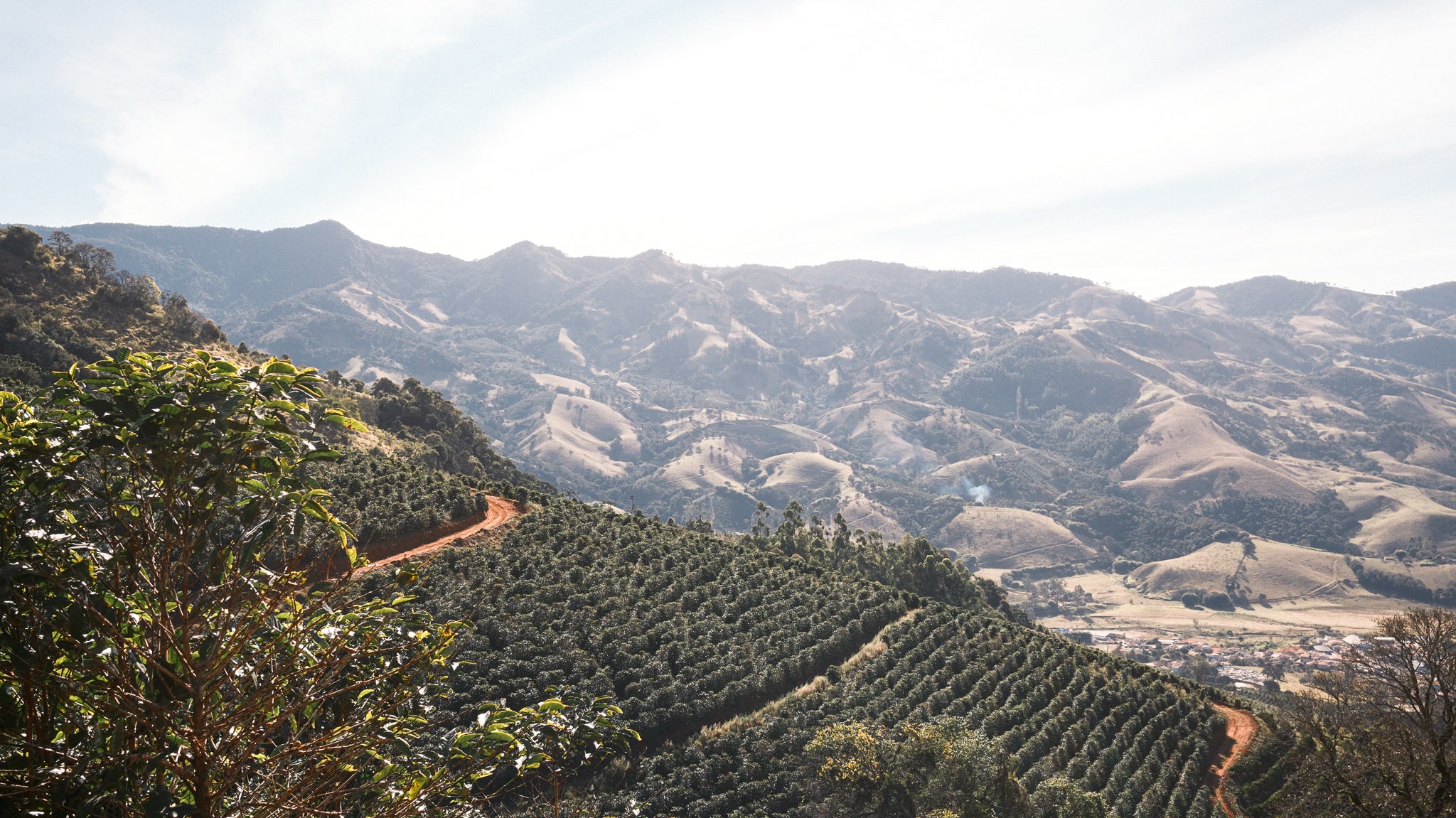El Jaragual, spanning 150 hectares, is a family-operated farm overseen by Jorge Mira. Located at an elevation of 1500 MASL in Amalfi, Antioquia, Colombia, the farm is perfectly positioned in the northern area of the central Colombian Andes. This location is superb for cultivating premium coffee. A significant portion of El Jaragual is dedicated to forestry, leveraging Jorge's background as a forestry engineer. The farm features a blend of pine tree plantations aimed at sustainable timber production, alongside conserved areas of native forest. Currently, we cultivate seven coffee varieties at El Jaragual, shaded by plantain trees and other native agroforestry species. The coffee processing methods employed at El Jaragual are refined, involving extended fermentation phases with yeast inoculation and temperature adjustments, such as warm water rinses and cool water quenches, to enhance and stabilise the aromatic qualities developed during fermentation. This represents a thoughtful balance between traditional and modern processing techniques.
To get the best from your coffee please take a look at our brew guides HERE


